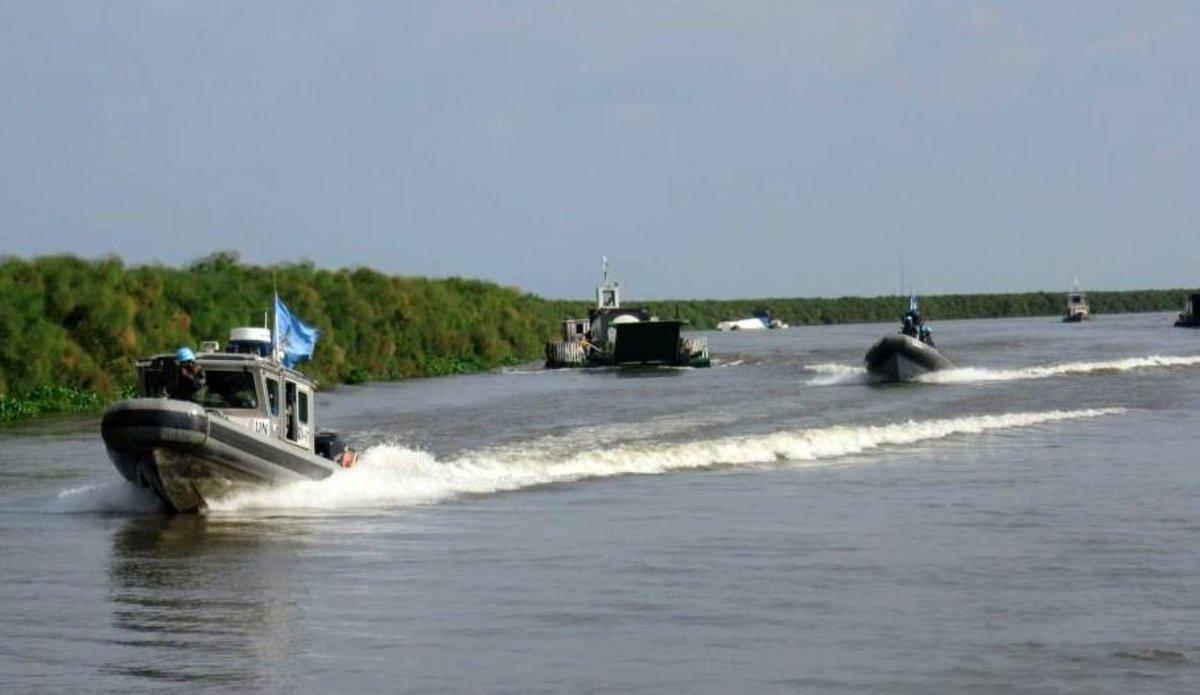Africa-Press – South-Sudan. The United Nations World Food Programme says it resumed vital river convoys along the White Nile River months after armed conflict in Upper Nile made these river corridors inaccessible.
The renewed access comes amid a dire funding shortfall that threatens to cut off life-saving aid to millions of South Sudanese.
With nearly half the population—7.7 million people—facing severe food insecurity, WFP warns that unless more funding is secured urgently, its operations could be scaled back, leaving the most vulnerable without support.
On 16 July, a major river convoy departed Bor carrying 1,380 metric tons of food aid and essential relief items, marking the first humanitarian shipment via the White Nile in months.
Armed conflict had previously made these river corridors inaccessible, forcing aid organizations to rely on costly air drops to reach isolated areas.
“River access is a game-changer for humanitarian delivery in South Sudan,” said Carl Skau, WFP Deputy Executive Director and Chief Operating Officer, following his recent mission to the country.
“It allows us to move larger volumes of food faster and more cost-effectively to people in desperate need.”
The convoy’s destination is Upper Nile State, one of the regions hardest hit by hunger and displacement. Fighting in the area has displaced tens of thousands since March, cut off road access, and driven 32,000 people into IPC5-level hunger—the most extreme classification, where famine is imminent.
WFP has already reached over two million people with emergency food assistance this year, including 300,000 affected by escalating conflict in Upper Nile.
However, officials warn that these gains are fragile. The organization is facing a severe funding gap, threatening to halt aid deliveries just as the humanitarian needs are spiking due to regional conflict and climate shocks.
More than 1.2 million people have fled into South Sudan from neighboring Sudan since April 2023, many arriving hungry, malnourished, and traumatized.
Meanwhile, 2.3 million children across the country are at risk of acute malnutrition—many of them in hard-to-reach conflict zones and flood-affected areas.
Despite the challenges, the resumption of river convoys has saves lives. In counties like Uror in Jonglei State, consistent aid delivery has already helped lift communities out of catastrophic hunger.
But without additional funding and continued access, that progress could quickly unravel.
“As peace opens up access, we must seize these windows of opportunity,” Skau said. “Without urgent support, we risk losing the momentum—and the lives—saved through years of humanitarian work.
For More News And Analysis About South-Sudan Follow Africa-Press






